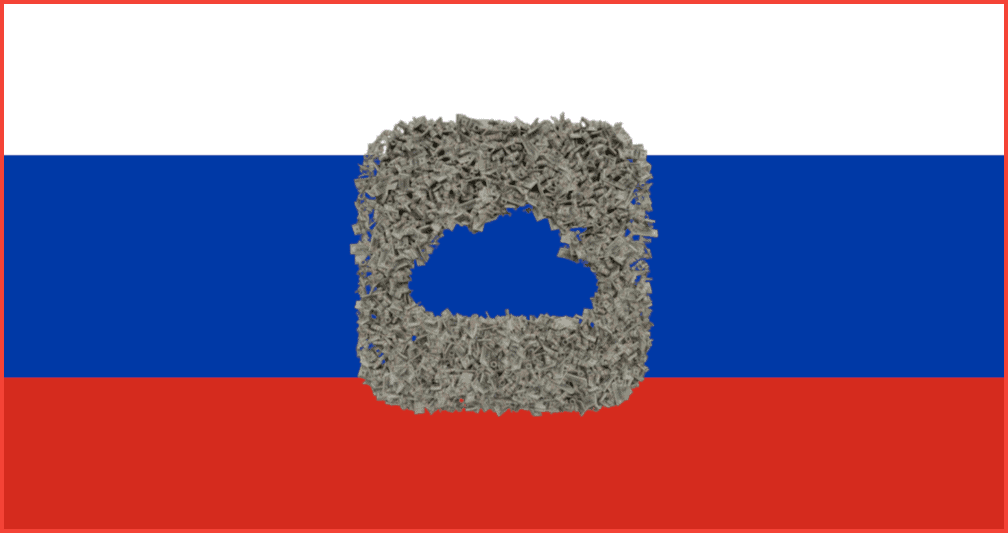Russia is continuing to apply pressure to Apple concerning Russian citizen’s iCloud data and where Apple stores it. As of now, Cupertino is refusing to comply, based on an Interfax news report.
At the end of June, reports indicated that Russia was targeting several big companies that failed to store user data in the country. Tech companies that have seen fines include Twitch, Pinterest, Airbnb, UPS and Google. Now Apple is also receiving fines.
Russia Fines Apple Over iCloud Data Storage
According to Reuters, a court in Moscow’s Tagansky district gave Apple a fine of 2 million roubles ($34,000). Additionally, Zoom and Ookla, which runs the internet performance tool Speedtest, also saw fines of 1 million roubles each. Google once again received a fine of 60,000 roubles, though for a different offense relating to data.
Right now, Apple runs approximately a dozen data centers around the world. Some are in the U.S., one is in Denmark, and a few are in China. Furthermore, iCloud data is stored and encrypted on third-party cloud storage services, such as Google Cloud and Microsoft Azure. Interestingly, Apple is allegedly Google’s largest cloud customer, with over 8 exabytes of data stored on Google’s platform.
Speaking of Google, the company recently felt the affects of Russia. Google’s Russian subsidiary was forced to file for bankruptcy after Russian authorities seized the search giant’s bank account. The seizure of assets was the result of Google Russian subsidiary refusing to restrict access to Russian media on YouTube. Right now, YouTube should still be available in Russia.
Increase the Pressure
In terms of Apple and storing data, Cupertino has already been in this situation before. In 2018, due to new laws China created in 2016, Apple handed over iCloud operation to a local company owned by the Guizhou provincial government. The move was the cause of a lot of controversy, though Apple continues to insists that it is still in control of its data in China.
While Apple’s current $34,000 fine is rather paltry for the tech giant, the company might soon find itself in Google’s position where the fines continue to persist and increase in price. Should Russia continue to apply pressure, the question will be to what extent. Whether or not Apple accepts Russia’s terms remains to be seen.

Nick:
As MS’s Brad Smith points out in Tools and Weapons, it is not uncommon for tech giants to be the customers of other tech giants for distributed storage solutions. Such diversification can increase security.
Regarding Apple’s accumulating fees for not storing Russian user iCloud data in Russia, Putin is getting a hard lesson in the fact that Russia is not China. While he can make life miserable for local staff for the tech giants, the fact that the Russian market is minor compared to that of China, he can overplays his hand. Unlike McDonalds when they pulled out, and Putin put a Russian concern in charge of the Moscow property and sold passable offerings to patriotic customers, if the tech giants walk away, Russia cannot replicate their ecosystems. Such a loss of services, amidst fewer and fewer lifestyle offerings, will only sharpen Russians’ awareness of their isolation, increasing the approach of social unrest with his war – a thing he genuinely fears more than anything else.
Should the Apple and the big tech community hold firm, this could become an interesting, for Putin a potentially dangerous, game of chicken.
Don’t pay it.